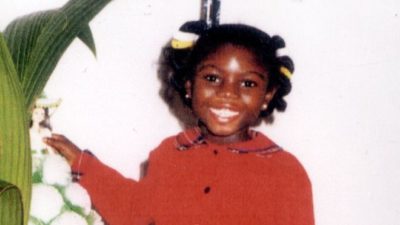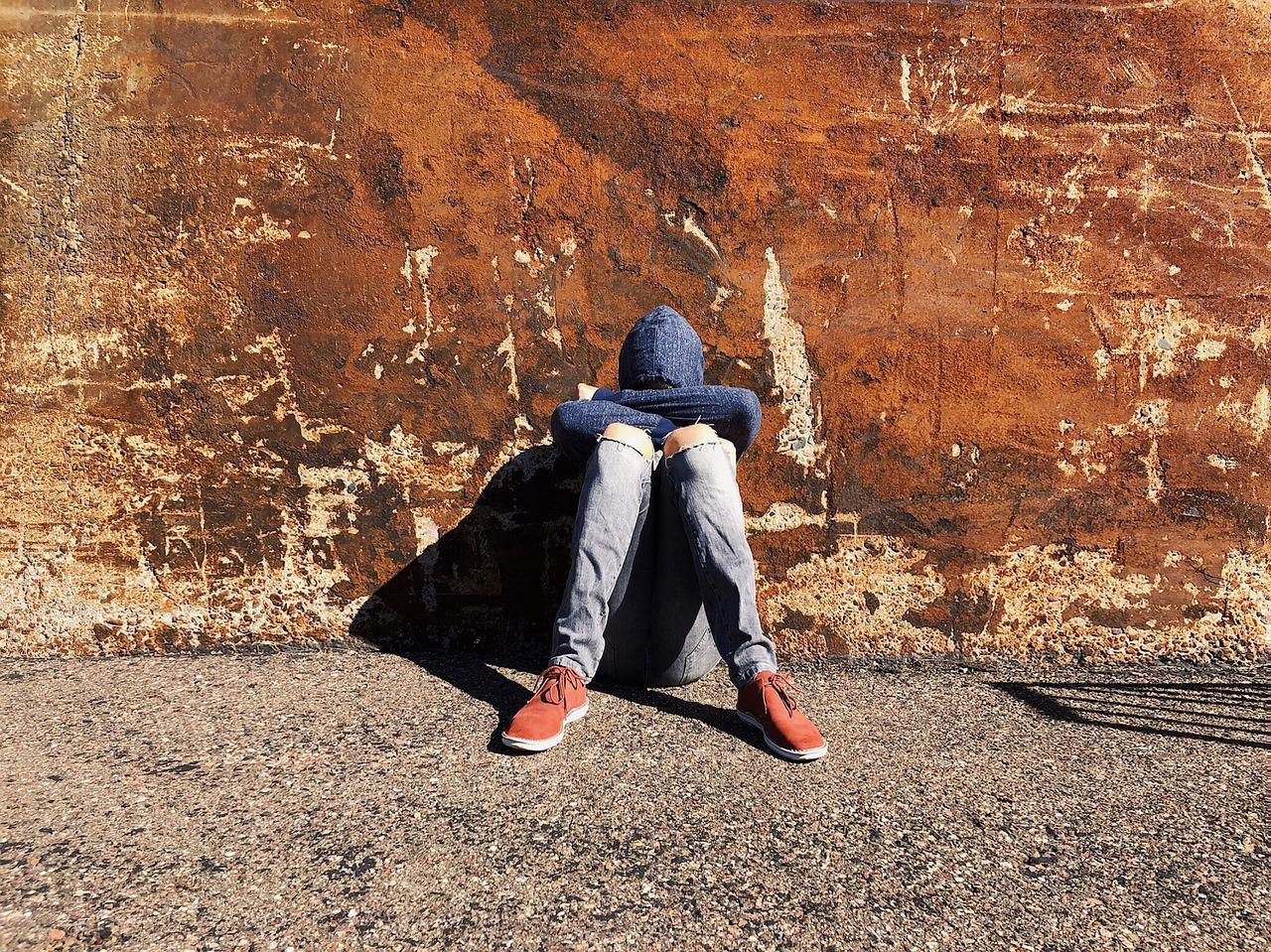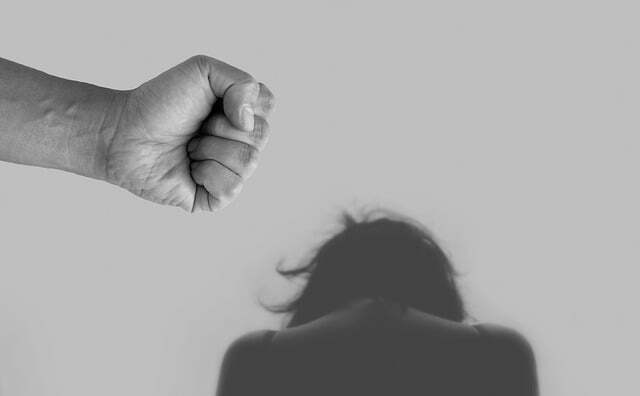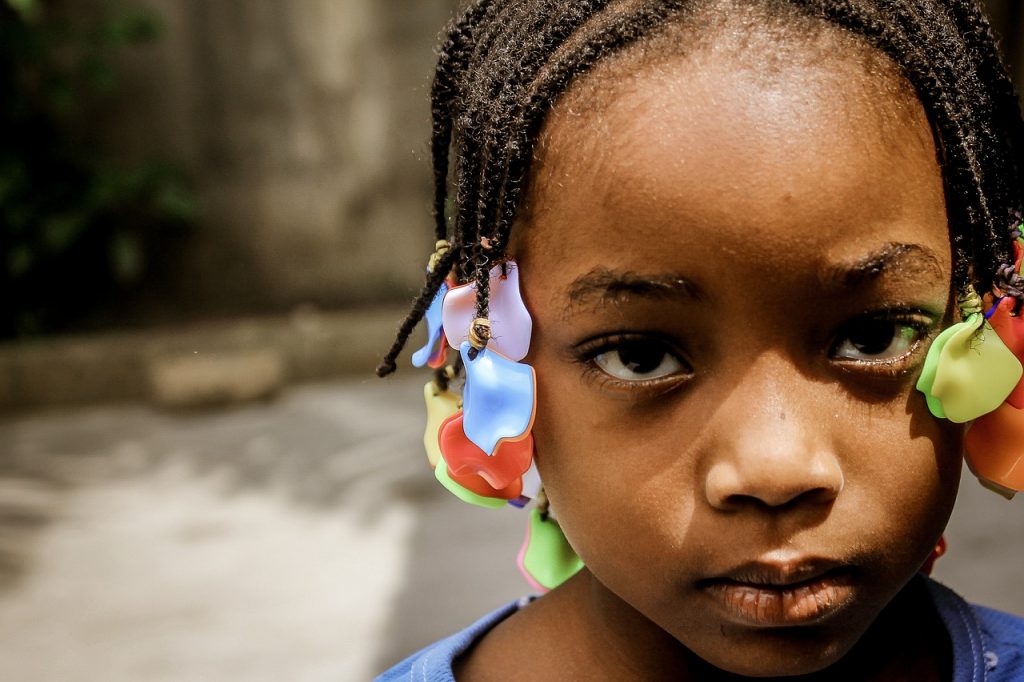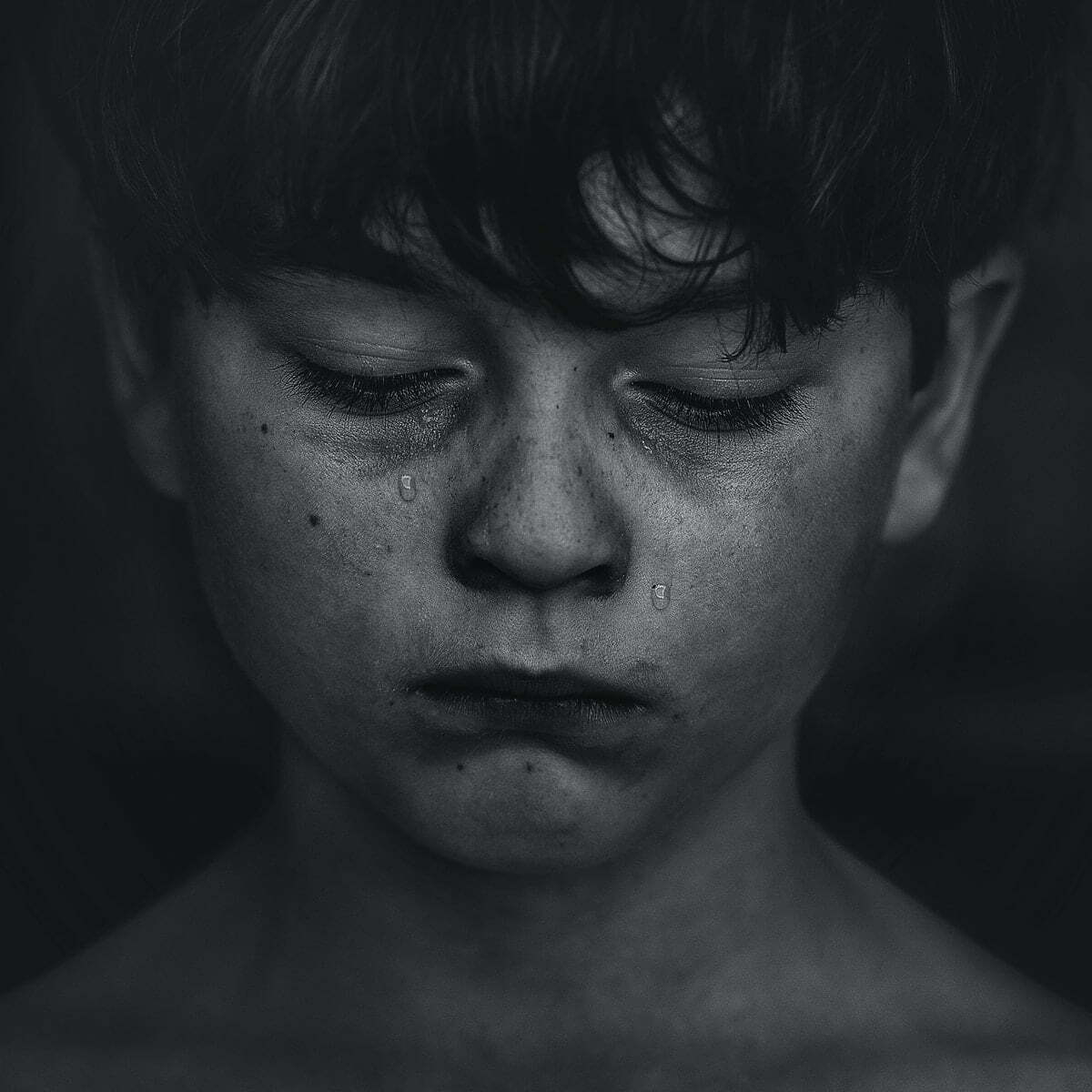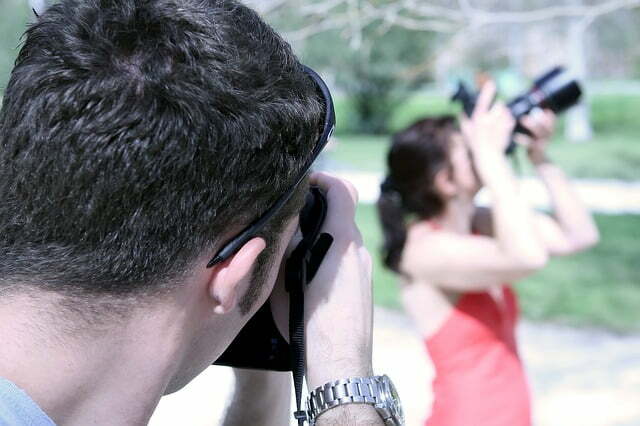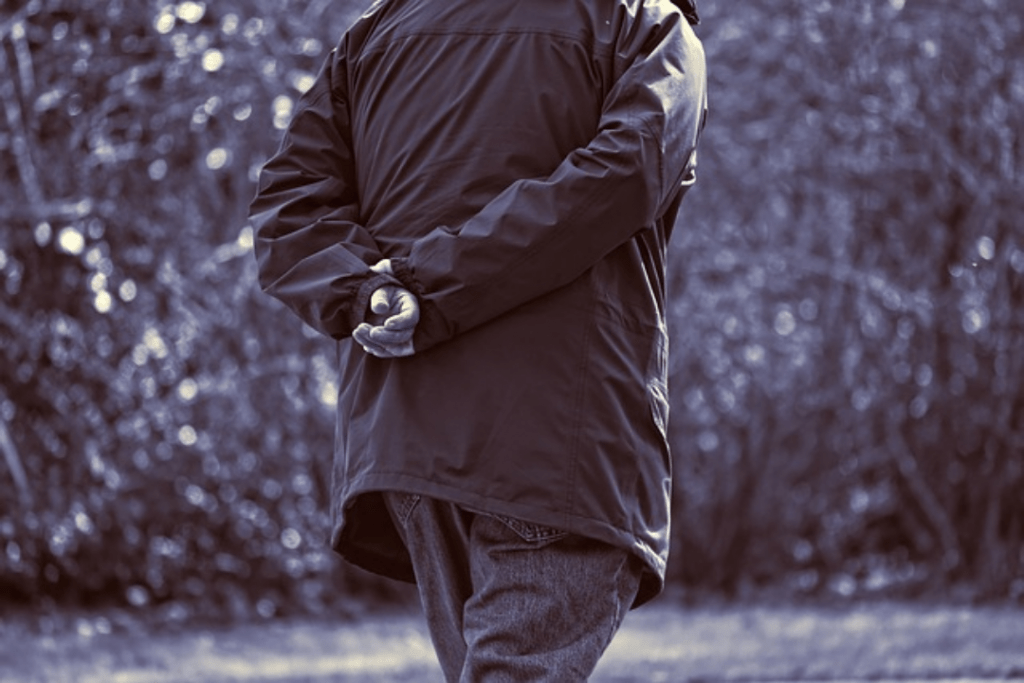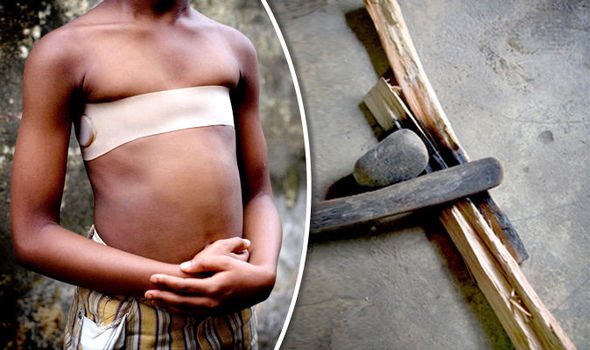What is abuse linked to belief or faith?
Spirit Possession and witchcraft – The term ‘belief in spirit possession’ is the belief that an evil force has entered and taken control of a child. Whilst belief in spirit possession, demons, the devil and witchcraft occur worldwide and across many religions (Christianity, Hinduism, Judaism, Islam, Paganism), not all practices are necessarily abusive. However, a small minority of people and some communities convert their belief into physical and mental abuse. Whilst the number of cases in the UK is relatively rare, it is a hidden crime which will be substantially under reported. The impact on a child will be devastating and often fatal.
What can prompt the abuse?
Abuse is often initiated after a change in the family dynamic, structure or fortune. Changes in dynamics can include a single parent introducing a new partner into the family, or the arrival of a new child. It could also be the case where the abused child has been introduced into a new family structure such as going to live with relatives. In other cases, it can occur because misfortune has befallen the family such as unemployment or being evicted. The abuser(s) attempt to justify and attribute the ill fortune to spiritual forces and perceive the child to be the source of those spirits. Professionals should also be aware that mental illness in the parent or carer can be significant such as PTSD or schizophrenia.
Why is a child singled out and made a scapegoat?
Reasons are numerous and can include:
- a belief that the child is ‘different’. This may be normal behaviour associated with children such as naughtiness, disobedience, rebelliousness, bedwetting or experiencing nightmares
- an illness such as diarrhoea or vomiting
- a disability
- a physical abnormality or a mark on the body
- physical ailments such as autism, ADHD, epilepsy a stammer and deafness
- learning disabilities
- being overly bright and intelligent
- a belief that spirits that have been in contact with them through normal everyday events
What are the forms of abuse and their impact?
Abuse ranges from physical assaults through to emotional and psychological abuse. Psychological abuse can include brainwashing the child into believing they are evil or possessed. A child in this situation will find themselves isolated and neglected, unlikely to have access to medical care or regular education. They may suffer poor hygiene, be poorly clothed and are likely to be malnourished. The victim is likely to suffer long term and sometimes irreversible damage to their physical and mental health. It must be noted that whilst the affected child may suffer this abuse, other children in the household may be well cared for.
The 4 key areas of abuse?
- Physical abuse – can involve ritualistic beating, burning, cutting, shaking, stabbing, semi-strangulating, tying up the child, or rubbing chilli peppers or other substances on the child’s genitals or eyes.
- Emotional abuse – can occur in the form of isolation. A child may not be allowed near or to share a room with family members, and threatened with abandonment. The child may also be persuaded that they are possessed.
- Neglect – is where the child’s family and community may have failed to ensure appropriate medical care, supervision, education, good hygiene, nourishment, clothing or warmth.
- Sexual abuse – includes forcing or enticing a child or young person to take part in sexual activities. The activities may involve physical contact, including assault by penetration (e.g. rape or oral sex) or non-penetrative acts. Children who have been singled out in this way can be particularly vulnerable to sexual abusers within the family, community or faith organisation. These people exploit the belief as a form of control or threat.
Exorcism – is the attempt to expel evil spirits from the child. If a child is accused of being a witch, then the family or community will believe that the child will be able to inflict harm on others. Exorcism can range from harmless prayer through to deprivation of food/water, beatings, burning, cutting, strangulation with potentially a fatal outcome. Professionals should familiarise themselves with the case of 15-year-old Kristy Bamu who was tortured and then murdered during an exorcism by his sister and her partner after they accused him of bringing witchcraft into their home.
What are ritual killings?
Human sacrifice as part of an offering to appease a god or spirits has been practiced for thousands of years. Today ritual murder is extremely rare but can occur within the UK. The 2001 discovery of the torso of a 5-year-old boy in the River Thames is now believed to be a sacrificial ritual killing with one theory being that the child was a slave, who was trafficked into the UK for that purpose. Ritual killings differ from Medicine Murder (Muti Killings) where murder is committed to harvest body parts such as genitals, eyes and blood to satisfy the trade in body parts. These are sold and used by those who practice juju rituals (witchcraft) where people believe that body parts, particularly of children, will make them rich and powerful.
Where does abuse take place?
Abuse usually occurs in the household where the child lives or may be visiting. However, it can also occur in a place of worship. There may be an acceptance of the ‘possession’ or ‘witchcraft’ by the wider community or maybe the involvement of a breakaway religious faction, cult or an influential religious/faith figure promoting the belief.
Thanks for taking time to read this post. Our next post will look at the indicators associated with abuse linked to belief or faith.

